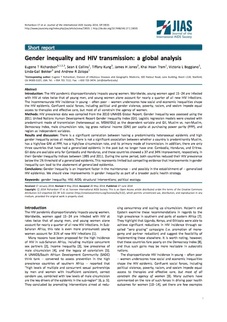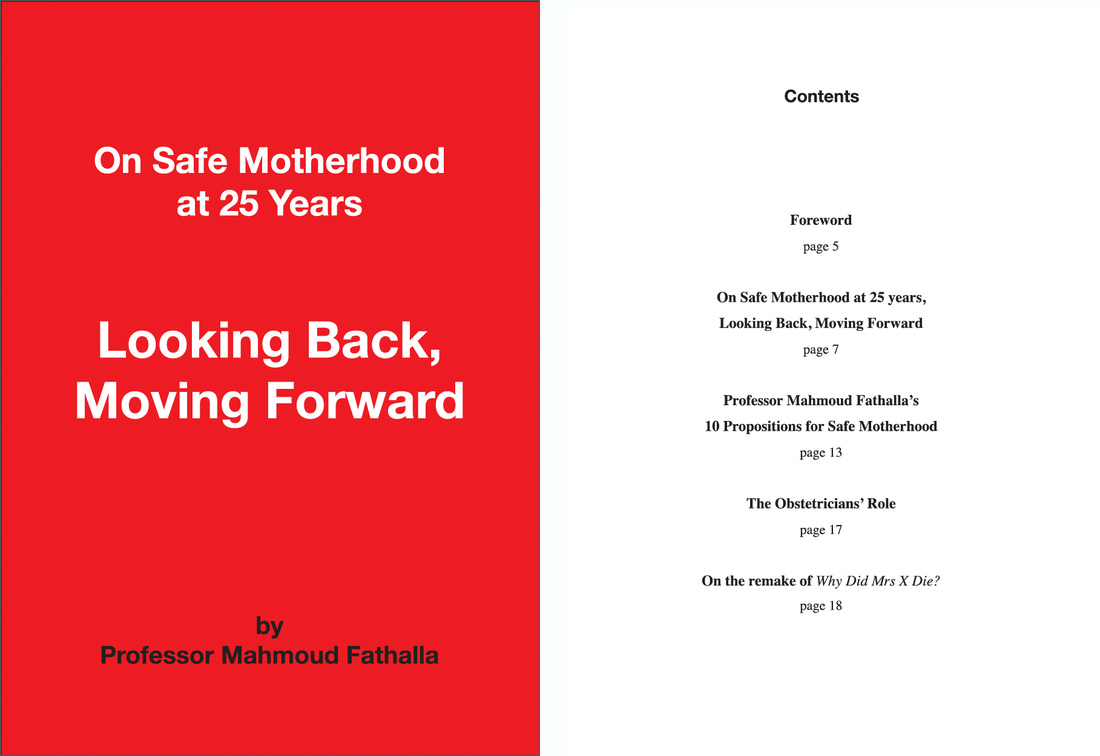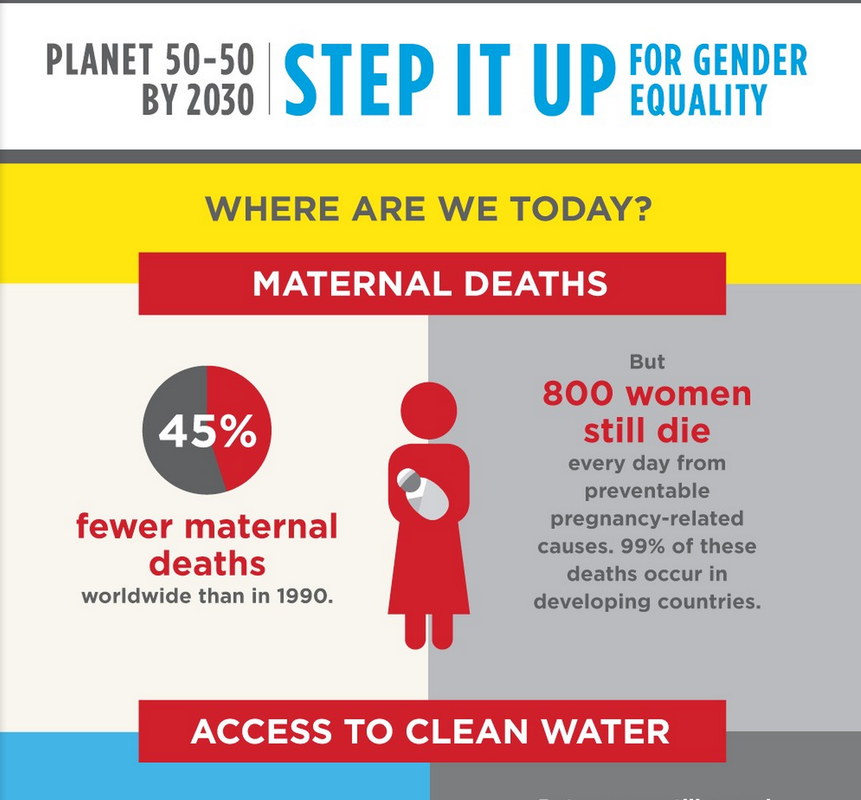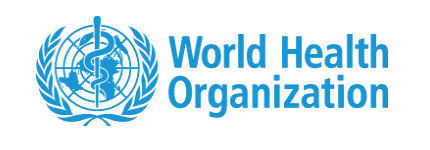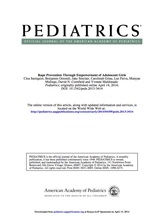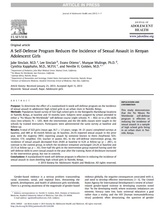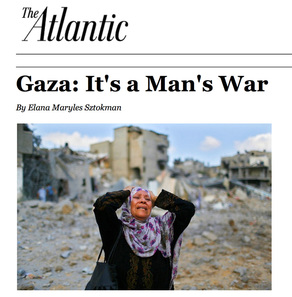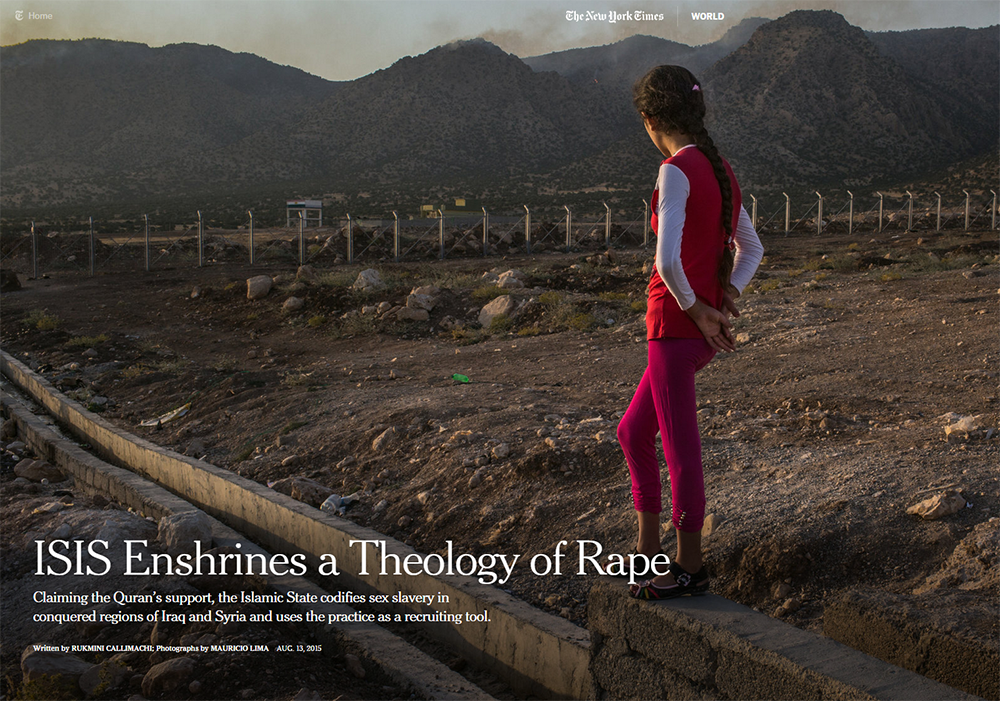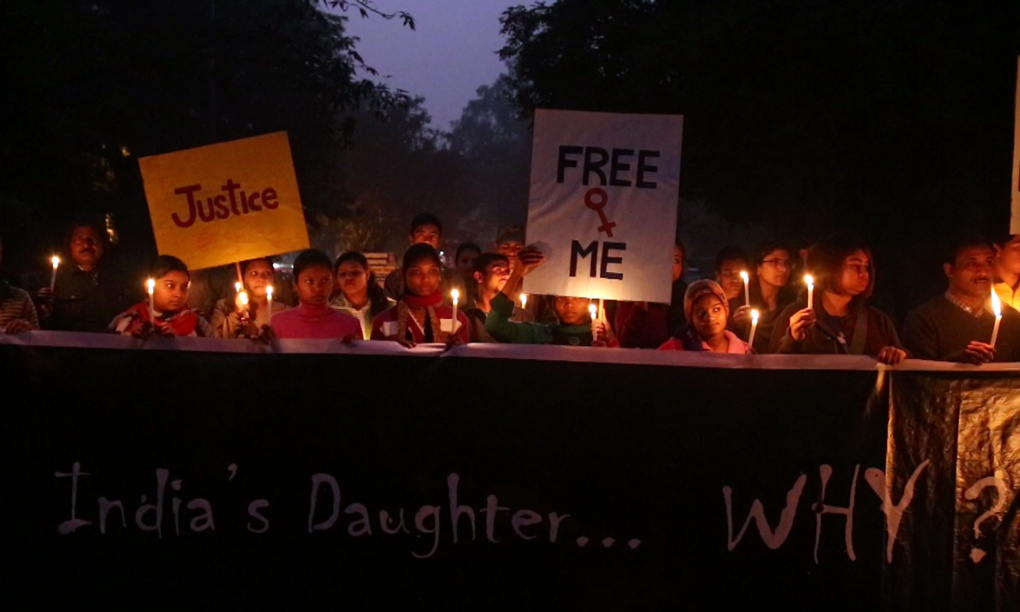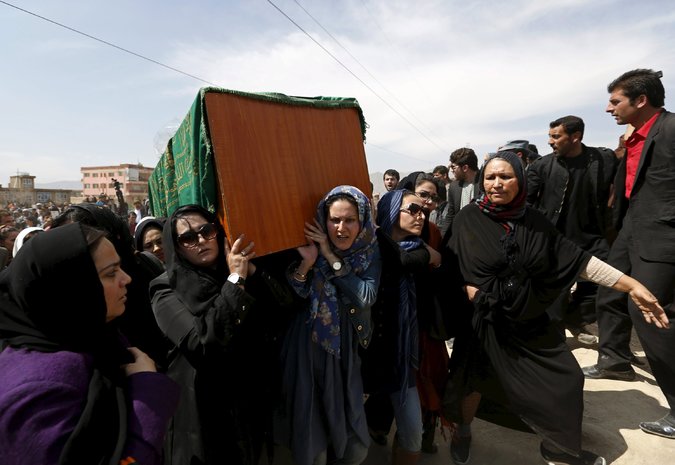BONUS Content
If you enjoyed the online lectures on women's health and human rights, you can continue your learning by watching in-depth Q&A sessions and longer lectures with experts from around the world.
|
|
Week 1 - Human Rights in the International System [VIDEO]
What do you need for laws to actually affect citizens? How can people access their rights? Professor Helen Stacy of Stanford University discusses the reality of how human rights are implemented in the world. Additional Resources - Description of the United Nations structure (here) - Graphical chart of the UN's bodies (here) |
|
|
Week 1 - PSA: Get Educated! [VIDEO] Isha Daramy from Sierra Leone encourages women and girls to get educated and move the world towards equality. |
|
Week 3 - Gender inequality and HIV transmission [READING]
Dr. Richardson recently co-authored a paper entitled on HIV and gender inequality in the Journal of the International AIDS Society (link). Article abstract: The HIV pandemic disproportionately impacts young women. Worldwide, young women aged 15–24 are infected with HIV at rates twice that of young men, and young women alone account for nearly a quarter of all new HIV infections. The incommensurate HIV incidence in young—often poor—women underscores how social and economic inequalities shape the HIV epidemic. Confluent social forces, including political and gender violence, poverty, racism, and sexism impede equal access to therapies and effective care, but most of all constrain the agency of women. |
|
|
Week 3 - Structural Violence [VIDEO] How do structural forces (such as economic imbalances, government policy, cultural factors) become embodied as pathology? How can different paradigms in medicine can begin to address these problems? Dr. Gene Richardson of Stanford Medical School explains. |
|
Week 4 - On Safe Motherhood: 25 Years Later [READING] Professor Mahmoud Fathalla looks back at the last quarter-century and progress in reducing maternal mortality
| |||
|
|
Week 4 - Fertility Control [VIDEO] Dame Margaret Sparrow of New Zealand, a pre-eminent physician and activist for women's reproductive rights, discusses access to fertility control and its importance to the health of women. |
|
Week 5: UN Report on Status of Women Review and appraisal of the implementation of the Beijing Declaration and Platform for Action and the outcomes of the twenty-third special session of the General Assembly Report of the Secretary-General "Step it Up for Gender Equality" info graphic from Beijing Platform for Action Turns 20, about the advances and setbacks in gender equality since the Beijing conference in 1995. A New York Times article detailing some of the most disturbing elements of the UN report: U.N. Finds ‘Alarmingly High’ Levels of Violence Against Women |
|
Week 5: Violence against women - UN Fact Sheet [READING] Read this October 2013 fact sheet from the World Health Organization (WHO) on "intimate partner and sexual violence against women" that draws from the latest research. Shocking statistics indicate that "35% of women worldwide have experienced either intimate partner violence or non-partner sexual violence in their lifetime" |
|
|
Week 5: Self-Defense and Rape Prevention [ARTICLE + VIDEO]
Girls are trained in self-defense techniques. Boy are taught in a separate program about what constitutes rape and how not to take part in it. "Kenya's unique approach to rape prevention should have the rest of the world taking note" read via Upworthy Watch the video |
|
Week 5: Self-Defense and Rape Prevention [READING]
A Self-Defense Program Reduces the Incidence of Sexual Assault in Kenyan Adolescent Girls. Sinclair et al, Journal of Adolescent Health (2013) (link) Rape Prevention Through Empowerment of Adolescent Girls. Sarnquist et al, Pediatrics (2014) (link) |
|
|
Week 6 LGBTI Refugees [VIDEO] Tiela Chalmers of ORAM answers questions related to lesbian, gay, bisexual, transexual, and intersex persons in refugee circumstances and the hardships they face. |
|
|
Week 6 - PSA: "Sexual violence is a human rights issue!" [VIDEO] A powerful message from Zainab Bangura, the UN Secretary General's special representative on sexual violence in conflict. Watch a short video of the highlights of the interview here, and then share with friends and colleagues to help "stop rape in war"—or as Anne would say, "stop rape and war." |
|
Week 6: Gender, Sexism and War [READING]
This report from The Atlantic addresses issues of women in conflict zones: "Gaza: It's a Man's War How sexism contributes to the cycle of violence between Israelis and Palestinians." (link) Syria: War’s Toll on Women (link) This Human Rights Watch report finds women have been "arbitrarily arrested and detained, physically abused, harassed, and tortured during Syria’s conflict" by "all sides." |
|
Week 6: Rape in Conflict Today
A report from The New York Times reveals how by "the systematic rape of women and girls from the Yazidi religious minority has become deeply enmeshed in the organization and the radical theology of the Islamic State in the year since the group announced it was reviving slavery as an institution." By "claiming the Quran’s support, the Islamic State codifies sex slavery in conquered regions of Iraq and Syria and uses the practice as a recruiting tool" Read more about these shocking practices (link) |
|
|
Week 7: Women & Economics [VIDEO] Violeta Krasnic, formerly from the Global Fund for Women. shares additional insights on women in a globalizing economy. Bonus content for Week 7A of the "International Women's Health + Human Rights" online course. |
|
Week 8 - India's Daughter: A documentary film
A recent documentary film about a 2012 rape of a young woman in India has made waves around the world. The issue of sexual violence is gaining greater visibility in India and globally, as women's rights activists amplify their voices and the media increases scrutiny. Read more here. Also read an op-ed from the filmmaker (article) Related: "BBC brings forward airing of Delhi rape documentary" (article) after India moves to censor the film Read a review of the film, watch the trailer, or watch the documentary on the BBC website (limited availability) |
|
Afghan women’s rights activists carried the coffin of Farkhunda, an Afghan woman who was beaten to death and set on fire. Source: The New York Times
|
Week 8 - Women's rights in Kabul
A woman in Kabul, Afghanistan was killed in an incident that many describe as gender-based violence. She has become a "celebrated martyr" and a rallying point for women's human rights, emerging "as the rarest of Afghan figures: a female religious champion who ventured into a shrine to preach Islam and was felled by ignorant men." However, as The New York Times reports, "Although Farkhunda found recognition after her death, it is telling that, in life, she was silenced when she spoke out. After more than a decade of efforts to improve the standing of Afghan women, violence against them occurs across much of the country with impunity. A man’s accusation against a woman is often the final word, as it was here last week." Read more here from The New York Times (link) (pdf) |
|
|
Week 8 - PSA: "Don't just lean in, break out!" Dr. Iman Bibars of Ashoka calls on both women and men to work together to build a better world. Watch the full Q&A session with Dr. Bibars in Week 8 of the open online class "International Women's Health + Human Rights." |
